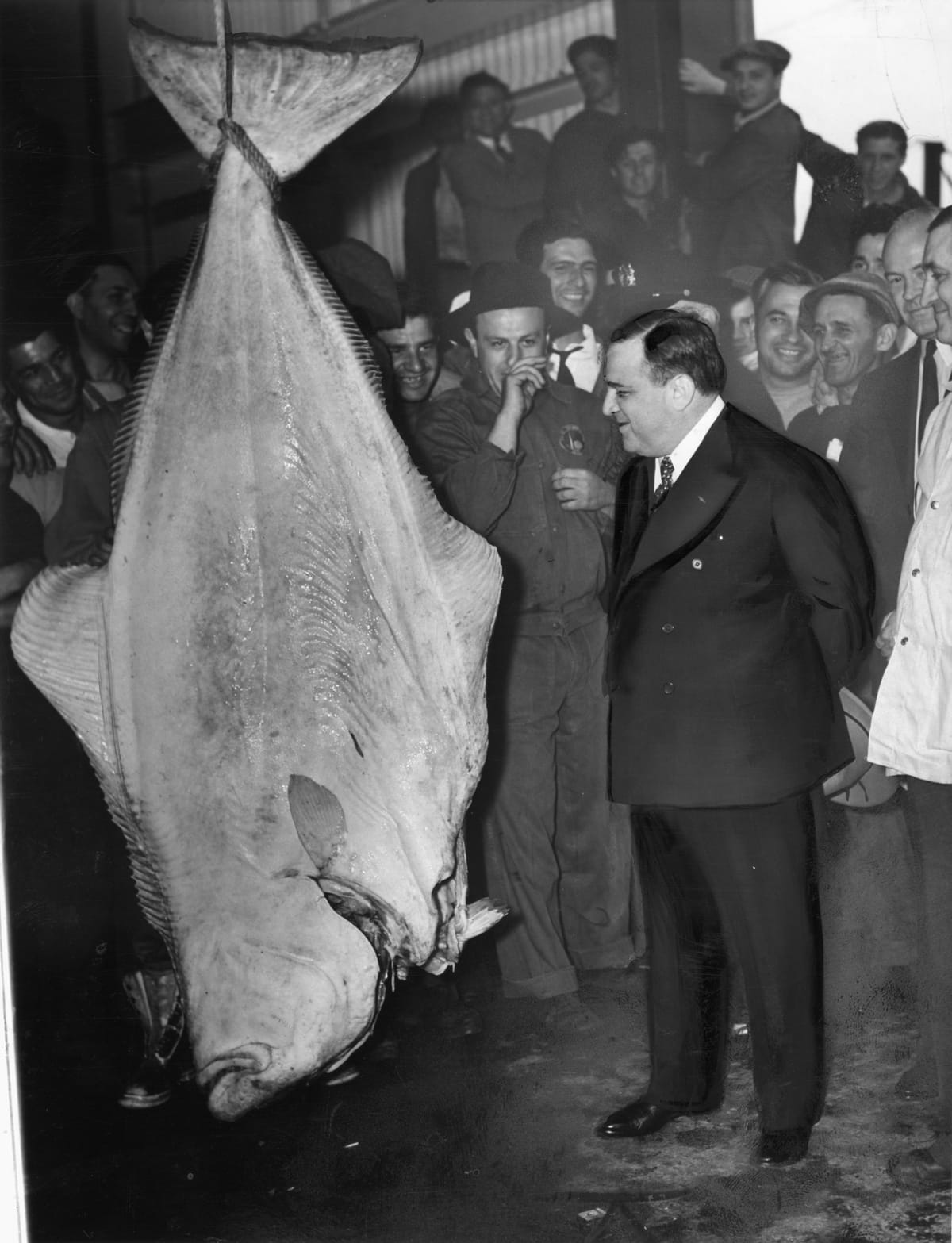Who Calls the Shots in Local Government

If you've been up at night asking yourself, "What is the most common form of local government?" your sleepless wonderings are over!
The answer is not, in fact, clownshow. The most common form of local government across this fair land is – drumroll, rat-a-tat, and a shish-boom-bah! – COUNCIL-MANAGER!
This matters because how a government is structured shapes who makes what decisions. And knowing who the deciders are, which is not always who they seem to be, is key to moving policy forward.
Council-manager, which is most common in smaller cities with populations of 10,000+, means there are elected city/town councilors (usually part-time) who set the budget and policy agenda. But the town's day-to-day operations – proposing a budget for the council to respond to, HR, applying for state or federal grants, and generally making sure the trains run on time – are overseen by a full-time City/Town Manager, who's appointed by the council.
Proposing the budget is a major power move. Federal agencies scramble to get the While House to use the funding level they want in the President's Budget because that's the number Congress will respond to - along with prior year funding. Similarly, the Town Manager's budget proposal is a significant framing device for how councilors think about funding levels.
Say you want a big plus-up in the library's budget (for which I will support you until the ends of the earth). You could bang on the town manager's door to make the case. But since the town manager likely looks to the library director for a budget proposal, I'd first ask the library director how we help them make the case to the town manager for a big heap of library cash. Then, if a plus-up does come to pass in the library's budget, we can ask our councilor/s to vote for it.
On the other hand, if you want a big reduction in a certain department's budget, there's an excellent chance the department director doesn't share your desire, so approaching them might not be a winning tactic.
Instead, I'd go to your councilor and make a tight case for why the department doesn't need so much cash. I wouldn't say we should take money from that department and put it in another department. Municipal funding streams can be complicated and you can't necessarily rob Peter to pay Paul (though maybe you could rob Peter to pay Ringo, George, or John...).
There's one role we haven't discussed in the council-manager model and that's the mayor. And we haven't discussed it because it's not a super strong role.
The council usually elects a mayor from among their ranks. And the mayor's primary authorities are setting council agendas and running council meetings, though kissing babies and cutting ribbons with large scissors could also be part of the job.
So the mayor doesn't have a ton of flex here, which is why it's also referred to as a weak-mayor model. And it's quite different from the second most common form of local government: the mayor-council model (also known as the strong-mayor system).
This is found more in old cities big enough to have their own Frank Sinatra song: "New York, New York" and "My Kind of Town" (Chicago is). Or old cities that ought to have an Old Blue Eyes tune, but don't: Boston, Philly, Baltimore, D.C., L.A.
In this model, residents vote on the mayor and city council separately. And the mayor has an arsenal of powers, not unlike the President's. Let's take Big Apple Mayor Eric Adams, for example:
- He appoints and removes department heads, like the Police Commissioner, Parks & Rec Commissioner, etc. In a council-manager model, the town manager does that (though some councils might have those powers).
- Mayor Adams drafts and submits the city budget to the council.
- Mayor Adams can be a skunk at the legislative garden party and veto council bills, as he did in 2023 with a package of housing bills. (The NYC Mayor veto isn't often used, Mayor Adams' predecessor Bill de Blasio never used it in eight years).
- Mayor Adams has a phalanx of deputy mayors, oversees 300,000 staff, and to meet with those staff, you need to fill out a multiple-page Google Form. (Unsurprisingly, this has not be received with great enthusiasm.)
- Mayor Adams is also full-time and makes a quarter of a million bucks.
If you want to make change in a mayor-council form of government, I'd start with your councilor. In a big city, they're often our strongest voice both to the rest of the council and the mayor. (More about how to do that councilor outreach here!)
Ultimately, our local government structure shapes where the power lies. You've got a full-time life and I don't want you to waste one minute reaching out to someone who sounds like they might have power (say a mayor in a council-manager government) but doesn't.
So if you don't already know, why not take one minute right now and find out what model of local government you've got.
